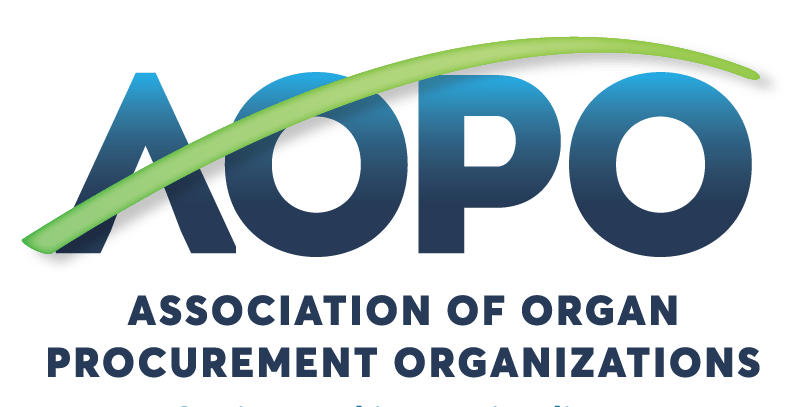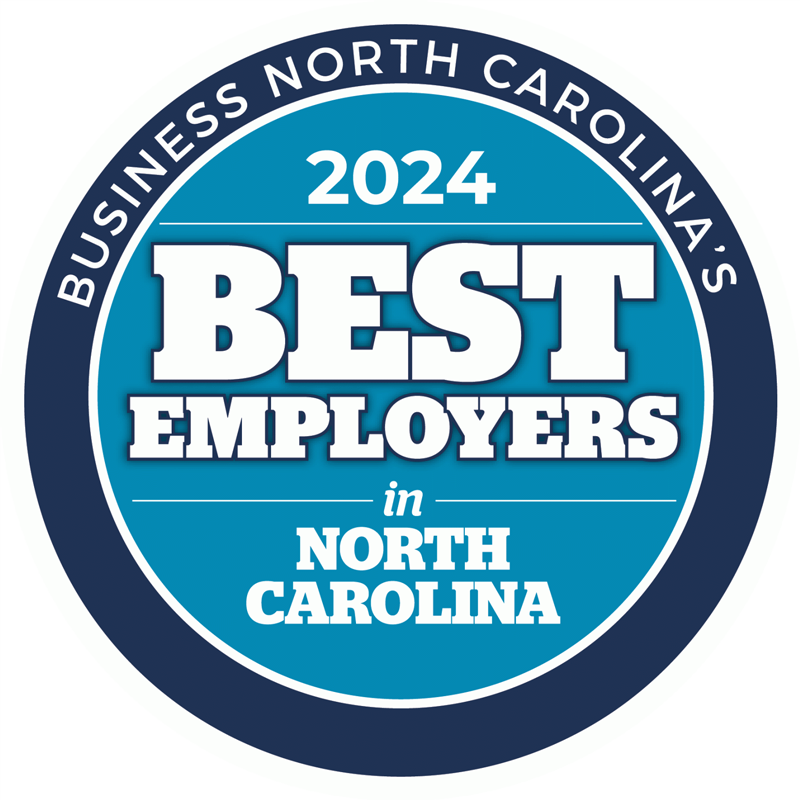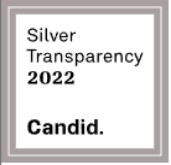In honor of National Minority Donor Awareness Month, we had the privilege of speaking with Latoya Joyner, a dedicated Community Relations Coordinator for HonorBridge. Latoya has been with HonorBridge for almost seven years, covering all of eastern North Carolina. Her journey into the world of organ donation began with her work in nephrology, where she was deeply involved with patients on dialysis and those preparing for or recovering from transplants. Inspired by her experiences, she began volunteering to register organ donors, eventually transitioning to her current role at HonorBridge.
Latoya is passionate about her work and the communities she serves. As she puts it, “To me, the most rewarding aspect of my job is the full circle aspect—honoring our donors’ decisions and seeing individuals get off the waiting list and receive their second chance at life.”
What does National Minority Donor Awareness month mean to you, personally?
For me, this month is about heightening education and empowerment within minority communities regarding organ, eye, and tissue donation. Although we focus on these efforts in August, I believe it’s an ongoing conversation that should happen 365 days a year. There are misconceptions and hesitations within minority communities, and this month is an opportunity to listen, educate, and empower.
As a Community Relations Coordinator, what strategies do you and your team use to effectively reach minority communities within North Carolina?
We build relationships with community leaders and organizations to gain traction and trust. Working with these individuals and groups helps us to grow our network and gather more insight into the minority community. For us, this means meeting those communities where they are. It’s important that we don’t go into a minority community with a constant ask. In the end, asking for an individual to register is asking them to give something up, so it’s important to go into these communities and listen to what their needs are and be seen as a trusted resource. We engage in activities like food drives, school supply collections, and holiday giveaways to build a reciprocal relationship. We also work with HBCUs and host panel discussions to reach students and faculty.
Can you share some specific initiatives or programs that have been particularly successful in building a strong community presence?
We have worked with The Decision Project in the past, which empowers individuals in underserved communities to register as organ, eye and tissue donors, and provides them with the necessary resources and education. With The Decision Project initiative, we worked in particular zip codes, partnering with community leaders and organizations, participating in health fairs, community events, and organizing our own events. One year, we partnered with the Jackie Robinson Baseball League to raise awareness, impact youth, and give the community the opportunity to get involved with organ donation. Another effective strategy is working with faith-based communities, such as organizing pastors’ roundtable breakfasts to educate religious leaders.
What are some common myths or misconceptions about organ donation?
Minority communities are faced with so many health disparities and historical events that have led them to distrust the healthcare system. People hear of black markets, where people are selling organs and fear arises. Many believe that doctors won’t work as hard to save their lives if they are registered as organ donors. When I go to events, it’s not that individuals within the minority community are not aware of organ, eye, and tissue donation—it’s just that the understanding of how it truly works is the missing piece. Sometimes I’ll say I’m going in to educate communities about organ, eye, and tissue donation, but I find that they educate me on what it is that they have learned from older generations, people they know, or what they’ve seen on TV. Once they tell me, we’re then able to have that one-on-one conversation and dialogue and I’m able to speak the facts and give the truths associated with it. You can almost see their eyes open wide when the lightbulb comes on. It’s about building trust and educating people on the facts.
Can you talk about the importance of cultural sensitivity and understanding when engaging with diverse communities about organ donation?
I am a very open and understanding person. When you put me in an environment of individuals with different cultures and identities, I feed off it, because for me that is an opportunity for me to learn, evolve, and grow. When working with diverse communities, cultural sensitivity is crucial. It’s important to approach diverse communities with an open mind and a willingness to learn. Understanding different cultural and religious perspectives on organ donation helps us engage more effectively. Currently, I am going through a series of learning different religious cultures because I want to understand how different religions take on organ donation. I want to learn how to approach individuals and be open to their views, especially when it comes to outreach. It’s about being open, respectful, and willing to adapt.
What are some of the biggest challenges you face in your efforts to promote organ donation awareness among minority communities, and how do you address them?
One of the biggest challenges is overcoming the deep-seated mistrust of the healthcare system. Building trust takes time and consistent effort, so it’s not an overnight thing. When it comes to a heavy topic, like organ, eye, and tissue donation, changing minds isn’t going to happen overnight. I might be able to change the minds of a few, and that’s awesome, but within minority communities, those individuals need to build trust with you. We need to show that we genuinely care about the communities we serve and are not just checking a box. My goal is to build a positive culture around organ donation so that it becomes something not feared but embraced.
75 lives can be saved and healed from one organ, eye, and tissue donor. Together, we can save lives. Register your decision today at honorbridge.org/registerme



